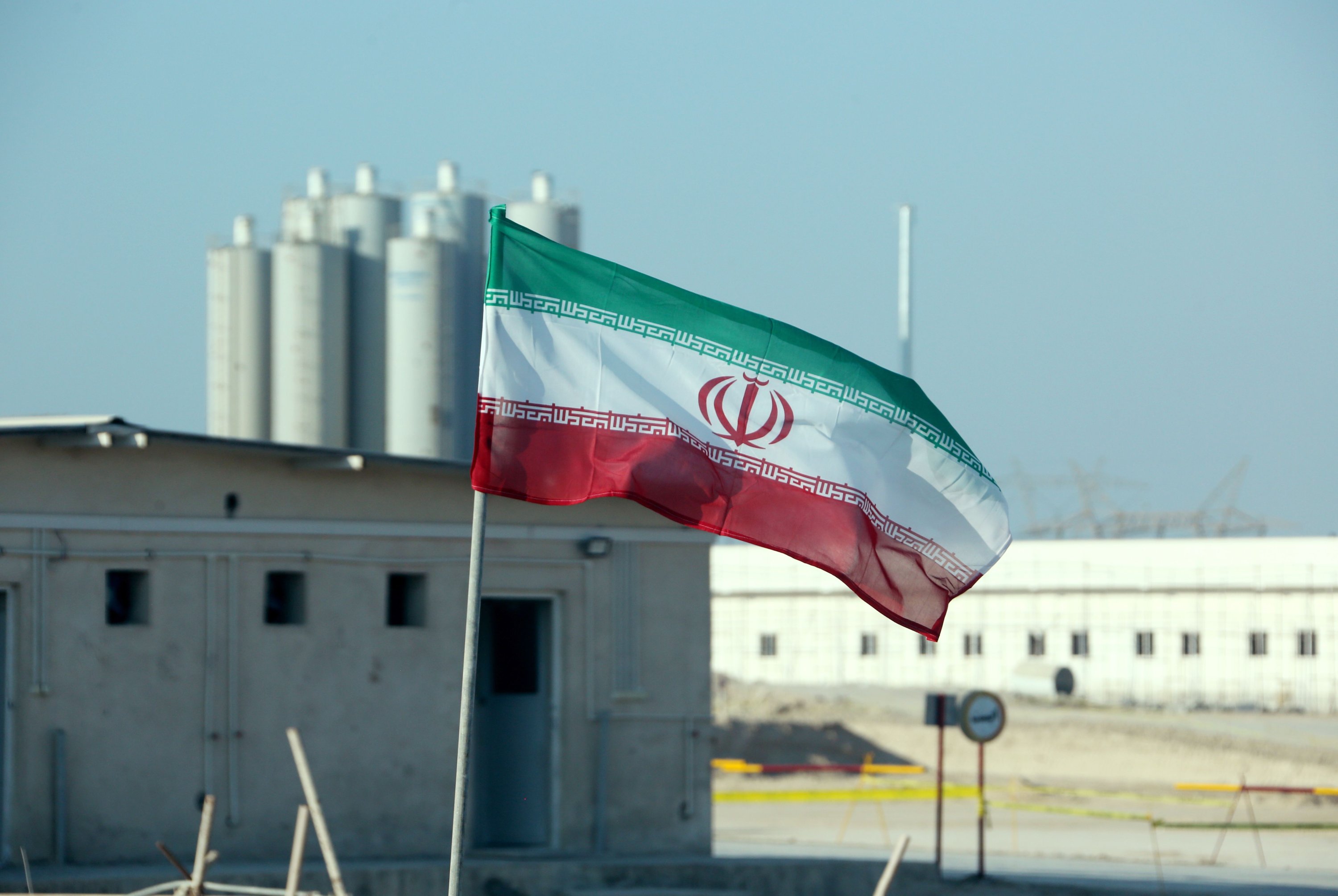
The U.S. and countries in Europe have increased pressure on Iran in recent weeks following an announcement by U.N. Secretary-General Antonio Guterres and a resolution by the Board of Governors of the International Atomic Energy Agency, once again raising the question of how Iran should respond. Many experts say the current political environment is one of decision- making in uncertain circumstances. Ironically, the decision is not so complicated right now.
In every situation, it is critical to first have an accurate description of the issues, and it is even more important to have a reality-based analysis. Providing a description of this situation is straightforward. Over the last 17 years, the Islamic Republic of Iran has repeatedly tested its rivals in the U.S. and Europe, and each time the response has been clear.
Many people knew from the beginning, and warned us that neither Europe nor the U.S. was to be trusted. But now, even those who previously denied this fact are being forced to confront the truth.
More importantly, analyzing and understanding this experience over the last 17 years can be helpful in understanding the issues. During this period, both the behavior and the stated positions of the U.S. and Europe have taught us the following things.
First, the political and economic pressure of these hostile powers has no real relation to the nuclear issue, as anyone with detailed knowledge of the facts can clearly see. The goal of the actions by the U.S. and Europe has been to limit Iran and to return the Iranian people to an age of colonialism.
Second, the economy is the only leverage that these hostile powers have left. Based on both logic and their own admission, if they had any other option, up to and including war, they would not have gone to the trouble of such a complicated economic process.
Third, pressure from the enemy, particularly economic pressure, is not the goal in and of itself. Rather, as U.S. leaders and specifically Richard Nephew, the architect behind sanctions on Iran, says in his book “The Art of Sanctions,” sanctions are a tool for influencing the opinions of Iranian politicians and people in order to get what the U.S. and Europe wants from them.
Fourth, In terms of large-scale strategy, there is no difference between Democrats and Republicans. Contrary to what apologists for colonialism and defenders of the U.S. in Iran might say, Democrats are just as vicious and hostile as Republicans. There is abundant evidence to prove this. The most numerous and effective sanctions imposed on Iran were adopted under Barack Obama, a Democrat. Donald Trump has only extended Obama’s sanctions. Furthermore, William Burns, one of the senior U.S. negotiators during the Obama administration, acknowledges in his book “The Back Channel: A Memoir of American Diplomacy and the Case for its Renewal” that the Obama administration wanted the Joint Comprehensive Plan of Action to be a platform from which to increase pressure on Iran, rather than a solution to the issue of the Islamic Republic. Contrary to what is said by Iranians who expect Joe Biden’s victory to improve the situation, influential people in his campaign have confirmed that Biden’s strategy will not be to decrease pressure on Iran.
Fifth, although economic pressure is the enemy’s only remaining leverage, it is not a tool of infinite use. As Nephew admits, and as the opinions of many U.S. and even European politicians show, if these sanctions are to be effective, they must have a limit. They can neither go beyond that limit, nor do the U.S. and Europe want them to go beyond that limit. As many U.S. officials have acknowledged, the current situation marks the limit of the pressure that they can put on Iran. For example, a while back when Trump announced that he had implemented the strongest sanctions ever against Iran, Nephew derided him, saying that although he was very pleased with this announcement, the strongest sanctions had been imposed in 2011!
It is important to note that while economic pressure cannot be increased any further, the enemy is counting on the psychological pressure from these sanctions, which can be intensified.
Sixth, over the past 17 years, whenever Iran has persisted and implemented a strategy of active resistance, it has come away victorious. We must not forget that there was a time when nuclear enrichment and possession of an active centrifuge were among the enemy’s non-negotiables. The U.S. would formally announce that as long as Iran had an active centrifuge producing enriched uranium, it would never negotiate. But Iran’s persistence, regional and nuclear efforts, and the courage of our scientists forced Burns to negotiate, and under the command of George W. Bush, a Republican, not Obama. It follows then that the enemy will make no serious concessions until it has been pushed to desperation by Iran’s active resistance.
The crux of the issue is this: the enemy has exhausted all its tools, and recent political and economic pressure is purely a passive step to force Iran back from its current path. Soon, the only option left will be for it to retreat.
Contrary to what many believe, today it is Iran which must take the initiative. The enemy has exhausted all of its possible options, so if Iranian politicians are to truly learn from the past, they must show no signs of desperation or retreat in words or action. If Iran persists, the enemy will back down and the Islamic Republic and the people of Iran will win a great victory. We must have no doubt that the key is within Iran. But make no mistake, if the enemy feels that it can convert its pressure into concessions, the psychological pressure will increase.
Hamidreza Moghadam Far is a university professor.

Leave a Reply
You must be logged in to post a comment.